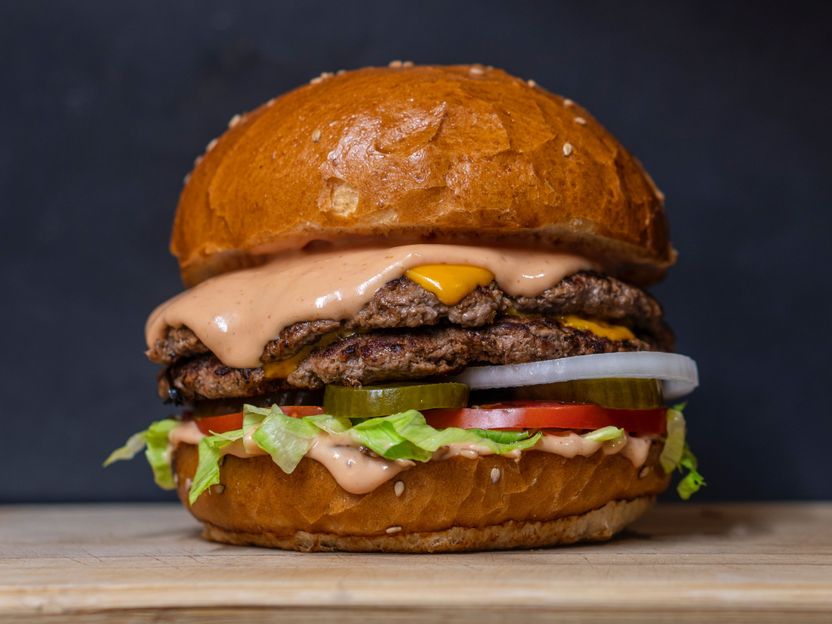Tailored to Fit: The Potential for Personalization
There are increasing numbers of personalized nutrition offerings, ranging from supplements to complete diets
Tailored to Fit is one of Innova Market Insights’ Top Trends for 2021, bringing personalized nutrition further into the spotlight and highlighting how lifestyle-specific personalized nutrition services are gaining traction.

KRiemer / Pixabay
According to Lu Ann Williams, Global Insights Director at Innova Market Insights, “Technological advances and the ever–expanding choice in food service and retail are combining to allow consumers to adopt a more individual approach to eating, with personalized nutrition on the rise and moving beyond tailored diets”.
Nearly two-thirds (64%) of global consumers in an Innova Consumer Survey said that they had found more ways to tailor their life and the products they bought to their individual style, beliefs, and needs. The survey also found that the leading choice for personalizing nutritional experiences was based on specific nutritional needs, ahead of lifestyle and body composition.
As this demand for personalized nutrition and nutrition services steps up, there are increasing numbers of personalized nutrition offerings, ranging from supplements to complete diets. Meanwhile, new technologies are being used to develop aids such as wearable devices, mobile apps, and even more forward-looking options such as artificial intelligence and genetic profiling.
“Sophisticated personalized nutrition advice is still expensive” reports Williams “but the emergence of digital-driven solutions allows for a similar level of service in a completely automated way. Advances in technology are allowing this diversification and personalization to be feasible even when focusing on relatively small consumer bases.”
As a result, nutrition that supports both physical and emotional well–being is thriving and can target the needs and preferences of different generations with more specific holistic approaches to help identify opportunities and optimize innovation. Earlier research from Innova Market Insights identified key characteristics and differences among Generation Z, the Millennials, Generation X, and the Baby Boomers, highlighting the form that a more holistic and customized health approach might take in each case.
There is a particular focus on aging well, both for seniors and for younger demographics already engaging with preventative care. Joint health, energy/alertness, immune health, brain health, and bone health are some of the fastest-growing active health claims for food and beverage launches in recent years while targeting physical appearance via nutrition and diet is another area of growing interest.
There is also strong growth in product development for individual needs as consumers shift to new diets, with rising use of selected dietary claims in food and drinks products tracked by Innova Market Insights (Global CAGR 2016-2020). The use of keto-friendly claims rose 165% over this period, for example (although from a small base and highly regionalized), while plant–based positionings rose 36%. There was also rising activity in vegan products as well as in more established protein-rich and organic areas.
Other news from the department business & finance
Most read news
More news from our other portals
See the theme worlds for related content
Artificial intelligence (AI) for food and beverages
Artificial intelligence (AI) is optimizing the food and beverage industry through automated quality control and more accurate demand forecasting. AI plays a particularly important role in product development by analyzing taste preferences and market trends. This allows new products to be developed that are better tailored to consumer needs, increasing efficiency and customer satisfaction.

Artificial intelligence (AI) for food and beverages
Artificial intelligence (AI) is optimizing the food and beverage industry through automated quality control and more accurate demand forecasting. AI plays a particularly important role in product development by analyzing taste preferences and market trends. This allows new products to be developed that are better tailored to consumer needs, increasing efficiency and customer satisfaction.
































































